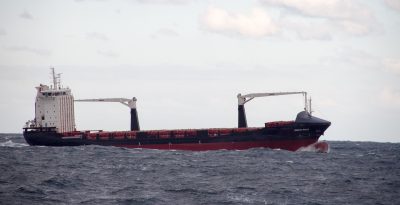
Nigeria’s offshore operators in the shipping industry have expressed their concerns over the lack of a regulated pricing regime between International Oil Companies (IOCs) and indigenous vessel owners. This situation is reportedly impacting the effective implementation of safety procedures onboard vessels owned by indigenous operators. Emmanuel Maiguwa, President of the Maritime Security Providers Association of Nigeria (MASPAN), stated in an exclusive interview with the Nigerian Tribune that some indigenous operators are lowering charges below the industry rate to win jobs from foreign partners, without considering the implications on safety standards of their ships.
According to Maiguwa, this practice does not bode well for the shipping industry since cost alone should not be a determining factor in securing business. He added that winning business should be based on a quality value proposition, considering the quality of service that will be provided against the cost. However, a situation where the consideration is only based on the cost can lead to vessel owners cutting corners to secure jobs.
Vessel owners have financial obligations to fulfill, and if they accept low prices in an environment where regulation enforcement is not as stringent as in Europe, this can result in poor safety management of vessels. The Offshore Vessel Information Data (OVID) report revealed a high number of non-compliances by most of MASPAN’s members to safety management of their vessels. When surveyed to find out why they were not compliant with safety, the simple answer that they gave was that the rates in the Spot Market were not sufficient for vessel owners to even pay the crew wages after taking out bunker expenses.
An analysis of the cost charged by IOCs for their services from two or three years ago revealed that the cost had dropped by about $4,000, while operating expenses had increased by about 40% during the same period. This means that there are many vessels moving at sea that are probably not safe. MASPAN has raised the issue with the Nigerian Maritime Administration and Safety Agency (NIMASA) and plans to raise it formally with the Nigerian Navy.
Comments are closed.